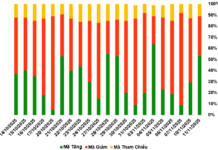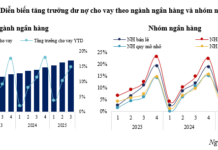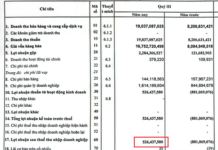Carbon Credits for Coconut Trees in Vietnam
Carbon credits are gaining traction in the agricultural sector, presenting new opportunities for farmers to generate additional income from their crops.
In Vietnam, coconut trees offer a promising source of carbon credits. The World Bank has pledged to pay $10 per carbon credit derived from rice cultivation. However, the potential for carbon sequestration and credit generation extends beyond rice to other crops, including coconuts.
Coconut trees, in particular, hold significant value not only for their fruit but also for their various byproducts, including coconut water, sugar, and fiber.
Recognizing the environmental benefits of coconut trees, Sokfarm, a farm owned by Pham Dinh Ngãi and Thach Thi Chal Thi, has embarked on a mission to promote organic coconut cultivation. In addition to producing coconut products, they aim to sell carbon credits from their trees.
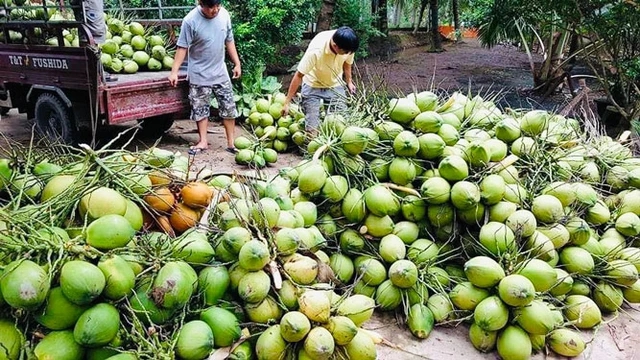
Coconut trees in Vietnam can generate carbon credits. Image: NLĐ
Research indicates that each coconut tree over 10 years old can generate approximately $1 of carbon credits. With plantations containing 25,000 coconut trees over 100 years old, the potential revenue could exceed $25,000, excluding the incremental value generated by new trees planted annually.
The growing demand for carbon credits in the global market, driven by sustainability initiatives and emission reduction targets, presents a lucrative opportunity for the coconut industry, particularly in regions with extensive coconut cultivation, such as the Mekong Delta region in Vietnam.
The Mekong Delta province of Ben Tre alone boasts over 79,000 hectares of coconut groves. With each hectare estimated to absorb between 25 and 75 tons of CO2, the province has the potential to earn between $10 and $30 million annually from carbon credit sales.
Boosting Farmers’ Income through Coconut Cultivation
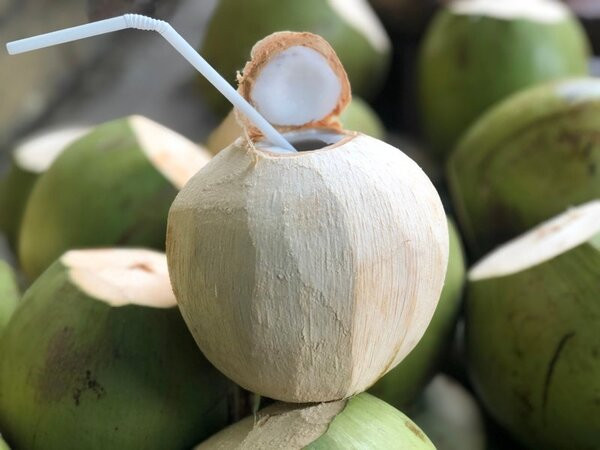
Vietnamese coconut products are exported globally. Illustrative image
In Vietnam, coconut is considered a key industrial crop. The country ranks seventh globally in coconut production, with an estimated 188,000 hectares of coconut plantations. Coconut cultivation is concentrated in provinces such as Ben Tre, Tra Vinh, Tien Giang, and Vinh Long.
In 2023, the coconut industry exported $900 million worth of products. According to Nguyen Thi Kim Thanh, President of the Vietnam Coconut Association, exports are projected to reach $1 billion by the end of 2024.
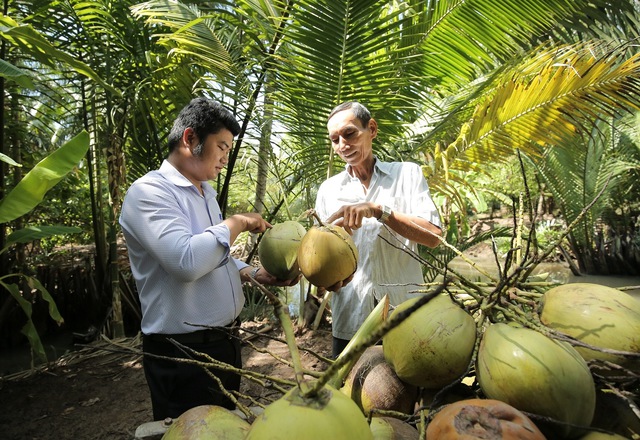
The Vietnamese coconut industry could generate billions of dollars annually through carbon credits. Image: VGP
With Vietnam’s commitment to achieving net-zero emissions by 2050, the economic value of coconut trees is poised to increase further through carbon credit sales.
Experts estimate that the coconut industry could generate billions of dollars annually, assuming carbon prices similar to those for forest carbon credits ($5 per ton of CO2).
However, farmers must adopt sustainable practices or invest in new technologies to reduce greenhouse gas emissions and qualify for carbon credits.




